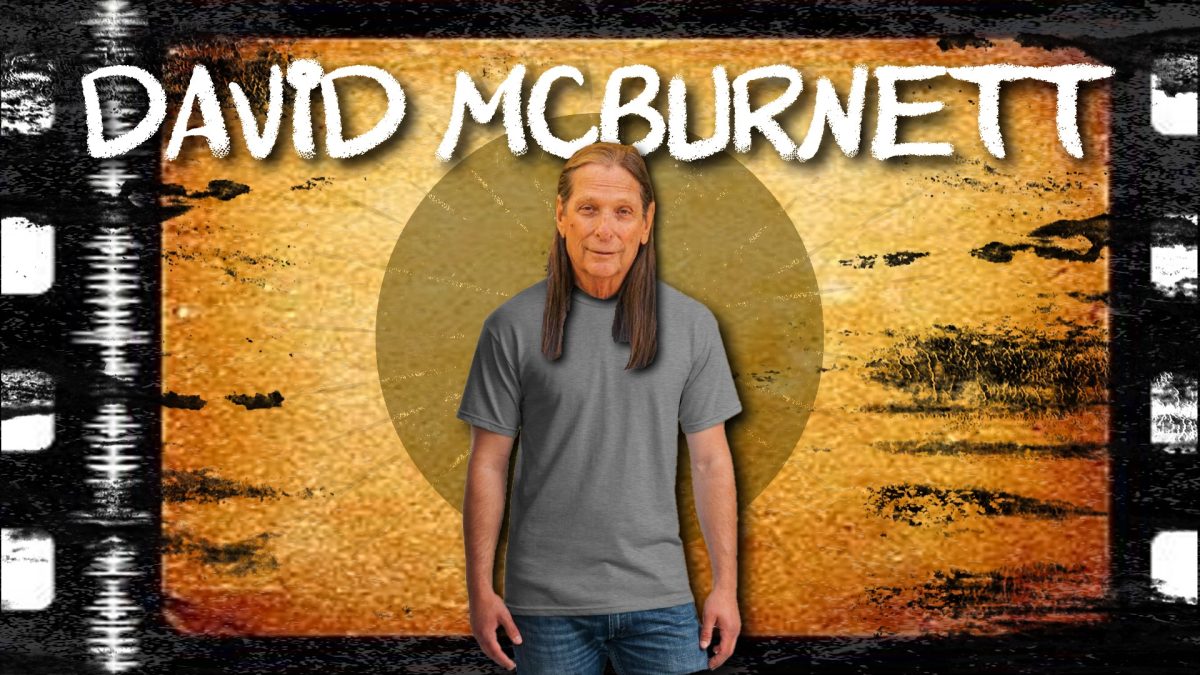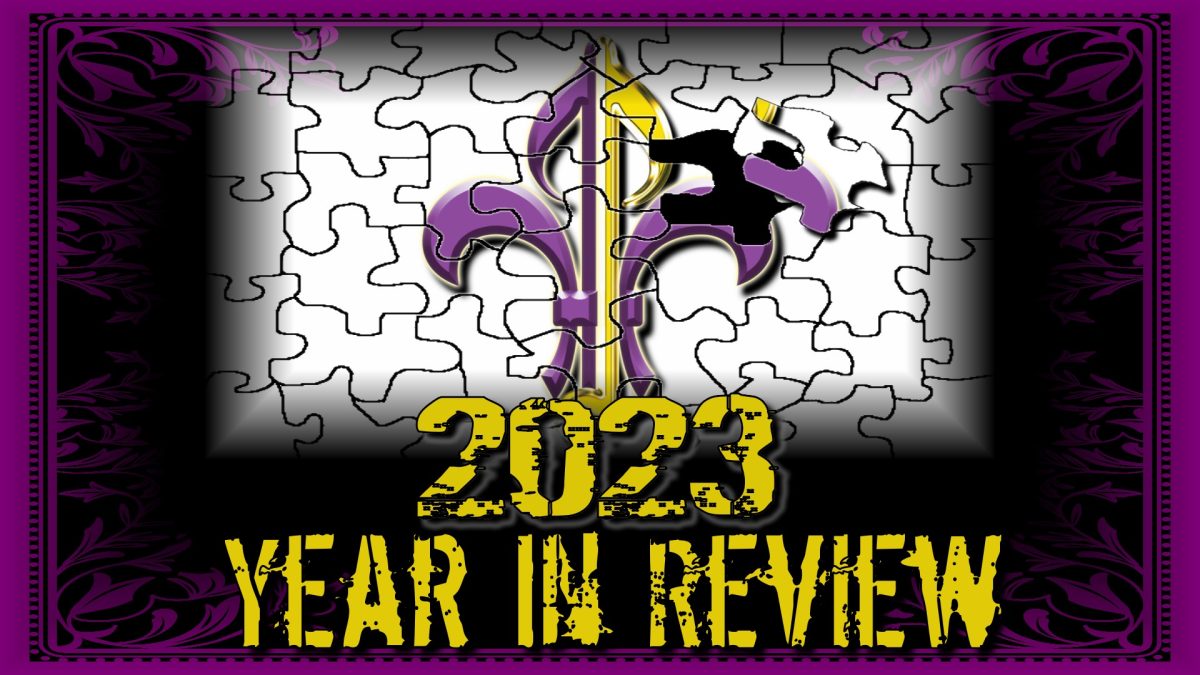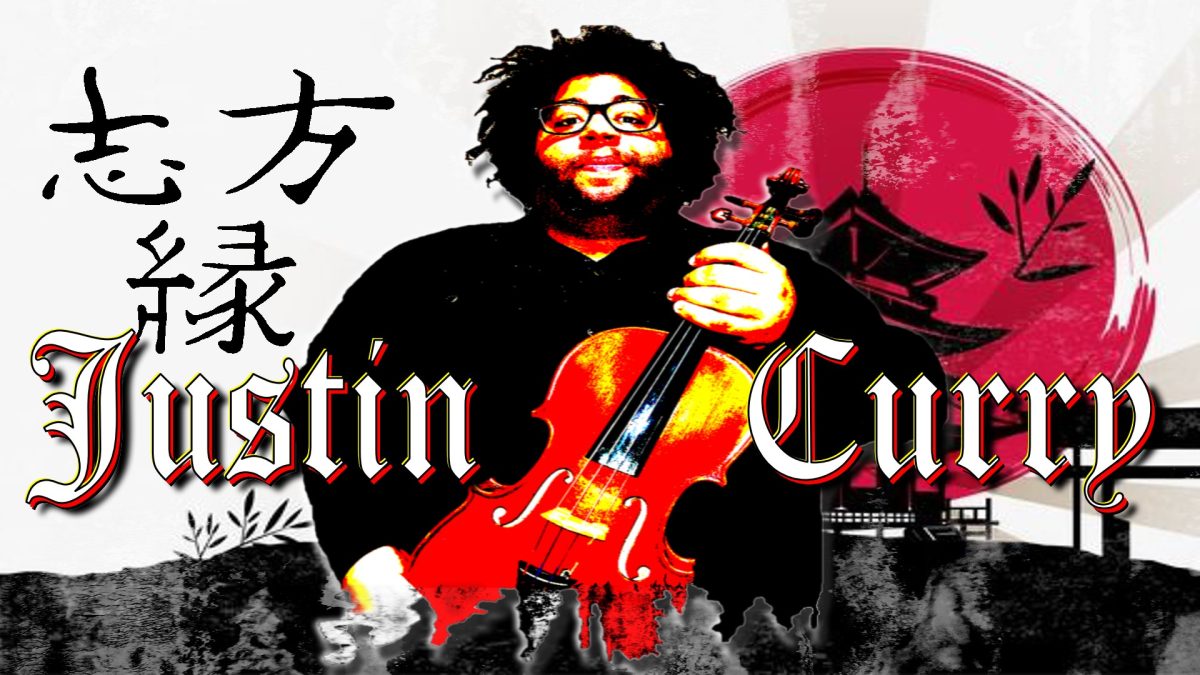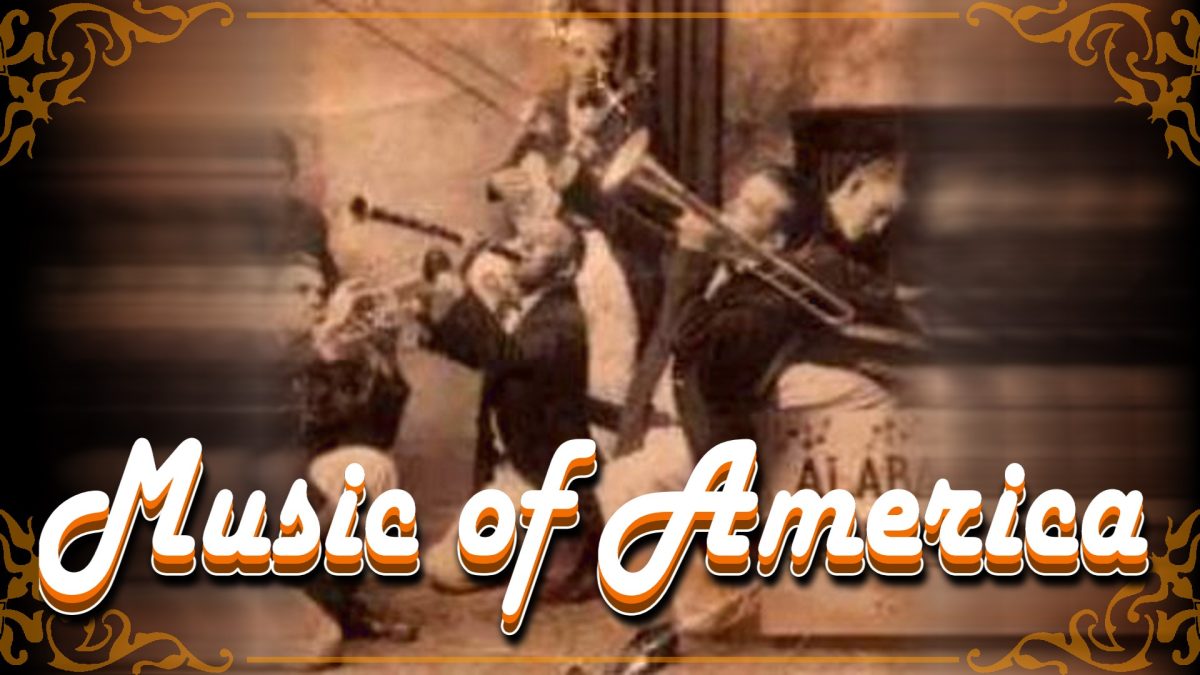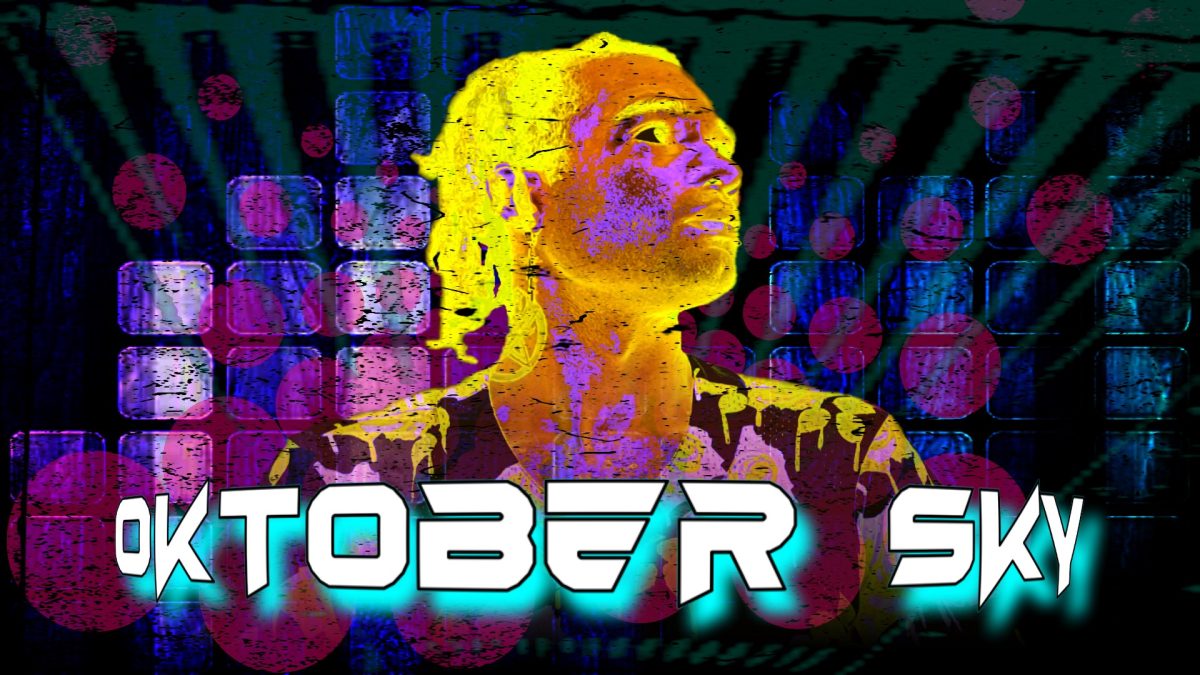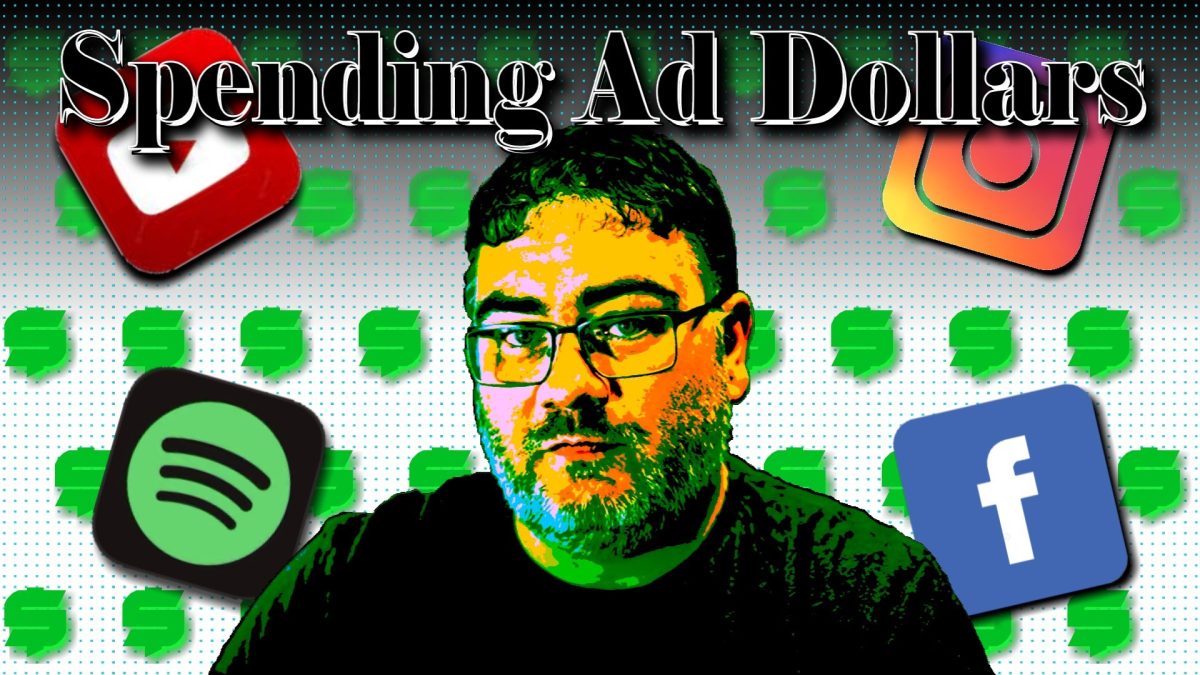David McBurnett has always been a music enthusiast like the rest of us. One of the ways his direct involvement influenced our local scene was the time he produced a tribute to Fats Domino on national television. But let’s back up to the beginning. As a child, David grew up in Connecticut with an older sibling, Dean. From his mother, he would pick up playing piano. He was something of a child prodigy, learning the compositions of Bach, Beethoven, and Rachmaninoff. And from his brother, he would be introduced to the music of David Brubeck. But at some point, instability would rupture his household sending him to boarding school. In the future, he would pick up the guitar. But he hasn’t played the piano since. After boarding school, David would reunite with his brother in Boston, where his brother roomed with Andy Pratt. Andy was/ is an experimental rock musician who, by now, has amassed thirty albums. Back then, his most notable hit was “Avenging Annie”. David would take work with Andy as a stagehand. And so, his immersion professionally into the music scene began. He was dedicated to the world of music then, even scoring Andy his second record contract, which was with Columbia Records, following his debut on Polydor Records. He also worked with a Scottish rock band by the name of Cloud. From there he would soon befriend Duke Edwards, a vocalist and drummer for the 60’s supergroup, Rhinoceros. And the two would form a travelling musical commune called Papa Dukie and the Mud People. David played guitar on stage with Duke and others. This is how he came to live in Louisiana.
Two school buses were purchased, equipped to serve as living space and painted white, and driven down to Wallace, Louisiana, where Duke (a.k.a. Papa Dukie) had family. There, they were able to set up camp, putting on shows on land that lied between the levee and the river, known as the batture. The mobility of their set-up was important. Because the Mississippi River would flood this area seasonally. When Duke’s grandmother died, David accompanied him to her services. He was able to witness, firsthand, the services at a Baptist church. The melodies and incantations made his jaw drop. The rhythms, chanting, and call-and-repeat style revealed to him where a lot of our music comes from. I don’t believe he was ever the same since. The musical commune would eventually disintegrate. And David came to settle in New Orleans, befriending and working for Jed Palmer. Jed owned Jed’s University Inn on Maple Street and later, Jed’s on Oak Street across from The Maple Leaf. “Jed’s was just the place for music. That’s where Professor Longhair played before Tipitina’s opened. That’s where (Paul) McCartney came crashing through our back door to come listen to Professor Longhair. It’s where everybody would come after the big shows were over at three or four o’clock in the morning. It could be anybody; from Willie Nelson, to Paul McCartney to (Bruce) Springsteen. It didn’t matter, you know. Cause where do you go late night? Well, we were the place.” For David, Jed’s was not only a deep dive into live music, but it also gave him an education on the music business. He would use these lessons while being involved in production, finance, and logistics for the New Orleans Jazz and Heritage Festival in its early stages, as well as The Celebration of Life, a rock festival held in McCrea, Louisiana in 1971. In the coming years, David would take on responsibility for a slew of star-studded productions for television. These television specials would span over a decade and include people like Fats Domino, Jerry Lee Lewis, Ray Charles, Paul Schaeffer, Jerry Garcia, Linda Ronstadt, the Neville Brothers, Dizzy Gillespie, and Herbie Hancock. David’s present-day company, McBurnett Productions, encompasses all the music and videos that David McBurnett has created or collaborated in over the last 55 years as well as his concert productions, festival productions and logistics work. He maintains ownership of several past shows, including three shows for HBO. David served as executive producer, producer and is the copyright holder. The way he depicted these artists at their craft established an immeasurable amount of credit. “I’m still on that credit to some degree. And that credit was like, with musicians. Musicians, yeah, they want to get paid. But what they really care about is you treat their music well. And some of the other producers of television were ok with that. It was business though. No, I’m only going to spend twenty grand on post-production. I’m not gonna spend fifty. I’d spend the fifty. I’d put the money into the mix. You know, and not just slap together a hot edit. Well, visuals most people pay attention to. Not so much the sound. I always… because I was a musician, it mattered to me. I had been on that stage. Not on the stages those guys rose to. But I had been on a stage in front of people, right? And it mattered. That was what was important, was the sound. And that’s carried me to this day.”
These days, David has several productions in development. “There Will Be Dancing: Got to Love It” seeks to embrace and expose the incredible strengths of New Orleans; from the food and music to the culture, beauty and history. His love of music will lend a special focus on the interconnectivity of musicians to different music settings, as well as paint a picture of why every major musician in the world comes to New Orleans to learn. “Deva & Miten” will be an exclusive documentary on the life of a world-famous musical, spiritual duo. The two have fifty-one albums and, in 2024 alone, will be on the east and west coast of the U.S., in Canada, Mexico, Australia, England, Scotland, Germany, France, Italy and elsewhere. His third production in development will be major artists playing music for children and parents, entitled Not Just For Kids, NJFK.
Author: David Trahan

